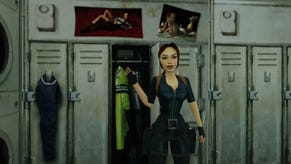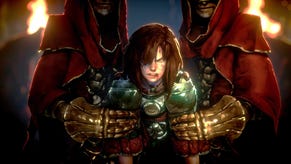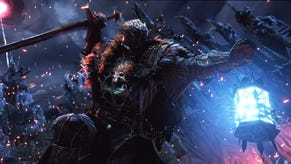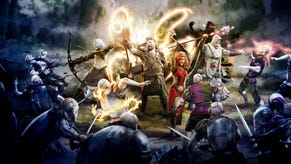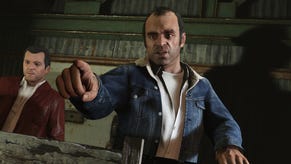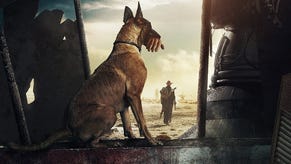GameCube made Miyamoto "very sad"
He felt Nintendo's games didn't "stand out".
Speaking to Japanese magazine Famitsu - as reported by 1up - Shigeru Miyamoto has revealed his sadness at the lack of popularity and creative-dead end Nintendo experienced during the GameCube era.
"This is a job where you have a plan and you polish it endlessly while getting help from others. If Nintendo's games fail to stand out as games that aren't made that way proliferate, then it shows that the creation process is for nothing, which made me very sad," the designer told Famitsu.
"That was especially obvious during the GameCube era; Nintendo titles were hardly even discussed by the general public back then," he continued.
Miyamoto blames the lull in the company's fortunes on his "fascination" with creating techincally demanding 3D worlds, and Nintendo's focus on direct competition with Sony and Microsoft during "the N64 and the era after it".
"There was an era when Nintendo was going in the direction of doing the same things other companies did," he said. "The more we competed with new companies entering the market, the more we started acting similar to them. But is being number one in that competition the same as being number one with the general public? That's the question we had.
"Entertainment is something that you have to look at the world with a very wide eye as you create it. I always thought that, but there were a few years where I was unable to get off other people's trends. It was a dilemma in my mind."
Miyamoto feels Nintendo's reconnection with the general public began with it going back to its roots, with the Classic NES series of Game Boy Advance reissues of games from the company's golden era. But it was former Nintendo president Hiroshi Yamauchi who truly kick-started the company with the concept for the Nintendo DS.
"In the end we didn't want a new game system, but a product that would make the entire world go crazy," Miyamoto said. "And so Yamauchi said 'two screens'. That turned the development lab upside down!"
His own desire for touch controls completed the picture. "So we went through some trial-and-error work which ultimately connected to the touch pen, something I had wanted to have for a while. I didn't think two screens was enough to make the DS a success, but the touch pen is what puts it all together, both in terms of cost and design."

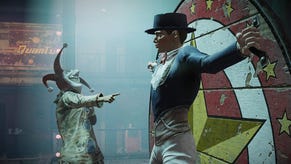
.png?width=291&height=164&fit=crop&quality=80&format=jpg&auto=webp)
